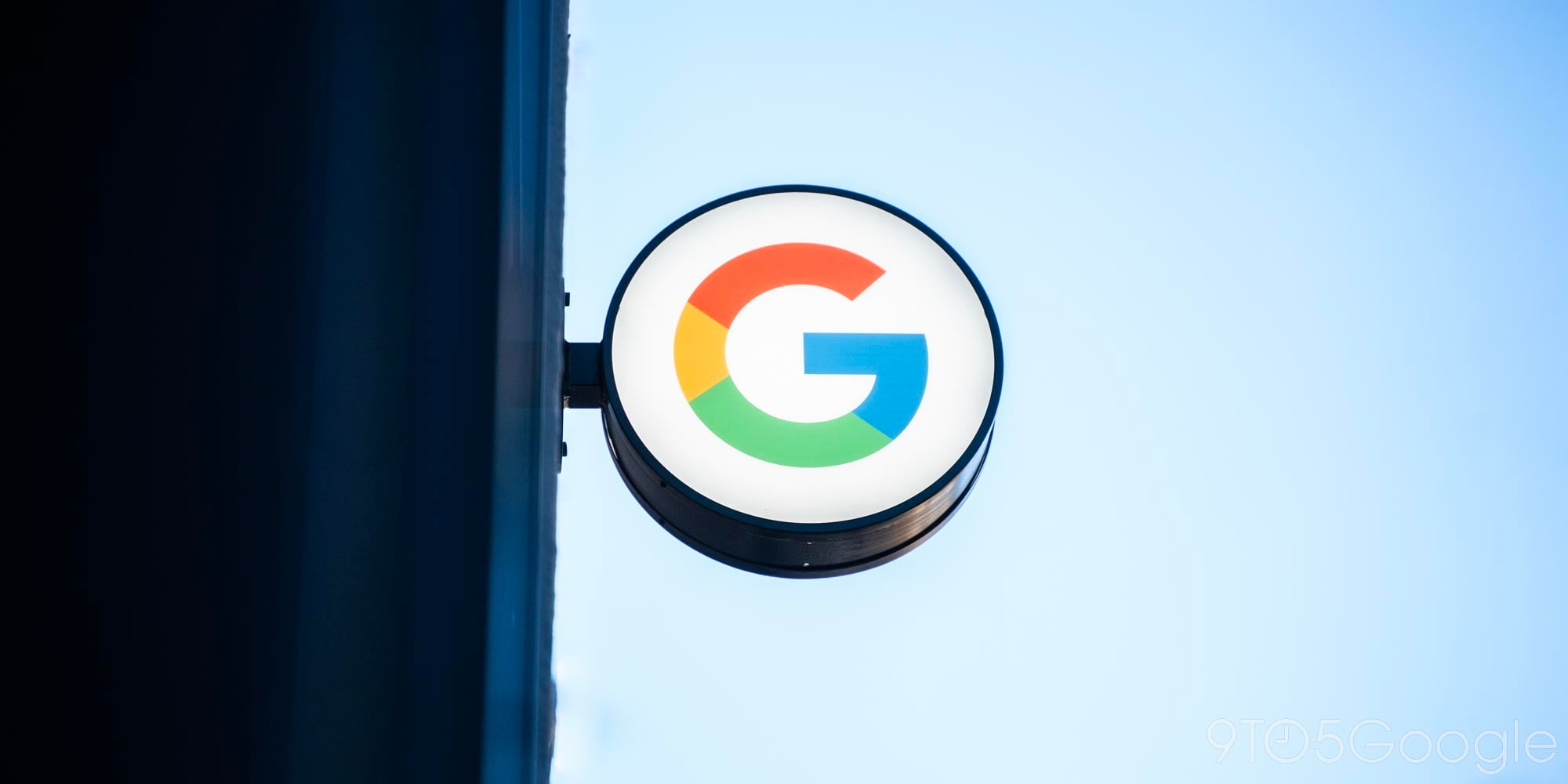
At the start of the year, Google revealed that in 2018 it would expand both its data center and office presence in the U.S. In recent months, the company purchased Chelsea Market and is reportedly acquiring a 12-story building spanning two blocks also in New York. Back in Mountain View, Google on Friday laid out plans for a massive revamp of North Bayshore.
Just last month, Google purchased a $1 billion office park in Mountain View that’s right next to its existing campus, including the Googleplex and flagship, tent-like Charleston East building. That transaction became the largest Bay Area real estate deal of 2018, with the company now detailing what it wants to do in the area.
On Friday (via CNBC), Google submitted “A Shared Vision for North Bayshore” to the City of Mountain View. As with all mass architecture projects in recent years, integrating the community and being a good neighbor is par for the course. Google wants to make the North Bayshore neighborhood a “welcoming destination, and a place for both Google and the broader Mountain View community.” It’s part of a city plan to “transform the area from an office park dominated by surface parking lots and office buildings.”
Google will demolish 25 existing buildings — many of which are only 1-2 stories — to build this new space with consolidated offices for the company, shops, housing, and public space.
Google’s plan calls for a 4:1 ratio of housing to new office space in a “Jobs-Housing Balance Policy.” Twenty percent, or 1,200 unit, of this housing will be affordable “to low-, moderate-, and middle-income individuals and families, including service workers, emergency responders, teachers, and nurses.”
Through this policy, our first commitment is the delivery of four times as many square feet of new housing when compared to Bonus office FAR, equating to 6,000 to 6,600 units of new housing on Google-owned land. This means that for every new worker in North Bayshore there could be two new residents living there as well.
On the transportation front, Google plans to reduce the number of office parking spaces, maintain community shuttles, and add new/improve paths for bikes and pedestrians.
Transforming a suburban office park into vibrant new neighborhoods also means taking a comprehensive approach to transportation and mobility — one that encourages people to get out of their cars. And better mobility options can have big outcomes: improving public health, changing behavior, alleviating congestion, reducing greenhouse gas emissions and vehicle miles traveled, improving safety for cyclists and pedestrians, and simply creating great public places.
Meanwhile, the plan calls for 35 acres of open space. It starts with 16 acres of habitats and trails, as well as 13 acres of neighborhood parks and plazas. Additionally, seven acres will be dedicated to a new elementary school and shared-use sports field, while there will be 200-250k square feet of ground floor retail space.
Google notes that 100% of energy will be through renewable resources, but more interestingly the company is preparing for a projected sea-level rise in 2100.
Protecting development and infrastructure against projected sea-level rise in the year 2100, with development generally located in upland areas; expanding the Charleston Retention Basin by over 2 acres to provide an additional 5 acre-feet of stormwater detention volume during larger storm events; and exploring a series of both public and private partnerships to plan for and fund regional level strategies to address sea-level rise (and associated climate risks), including the South Bay Salt Ponds Restoration Project and levees along the creeks.
Over the next year, Google will be working with the City of Mountain View on review and approval, with the new North Bayshore coming together over the next 10-15 years.
Check out 9to5Google on YouTube for more news:
FTC: We use income earning auto affiliate links. More.


Comments